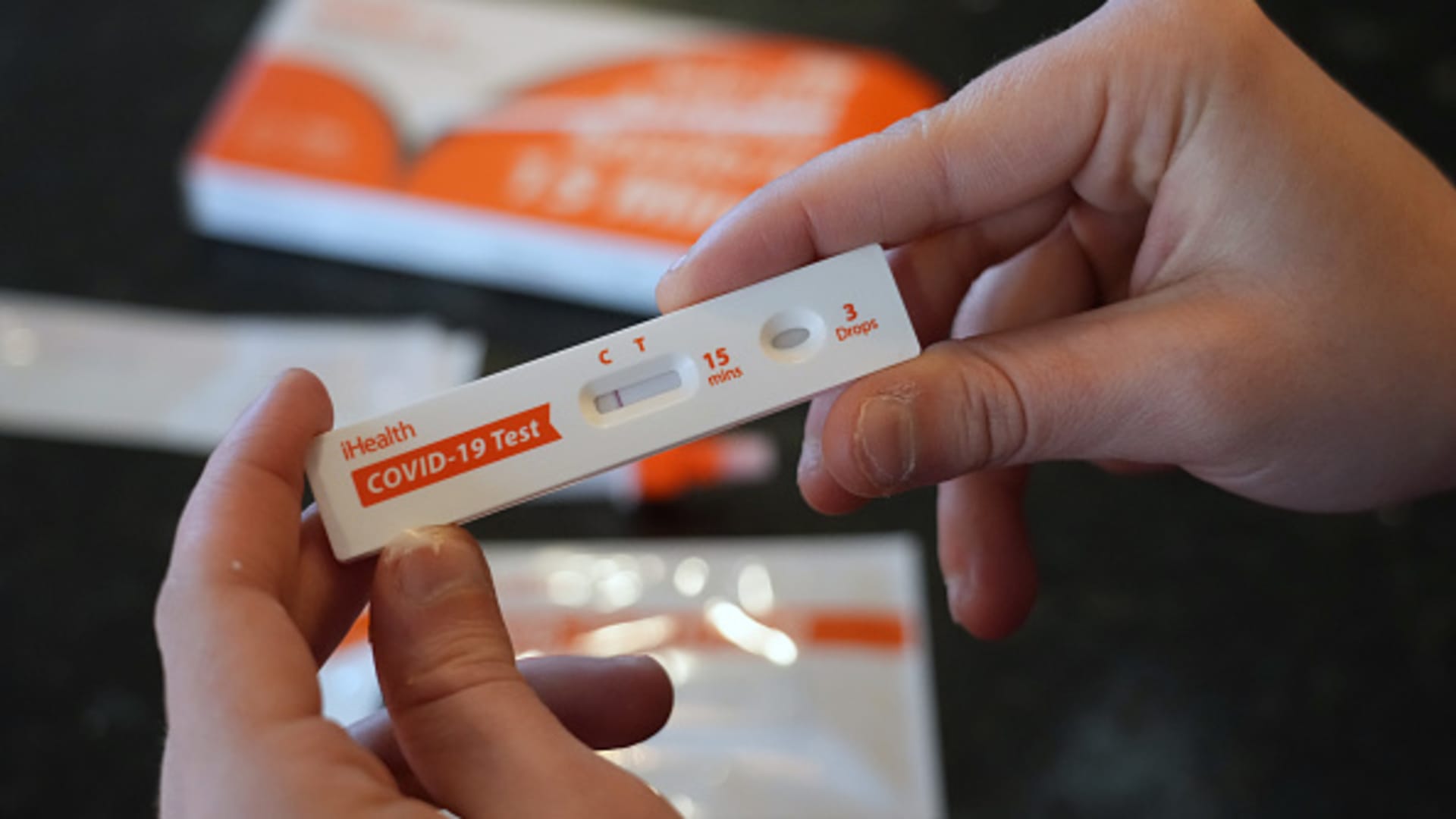
Packed indoor events and fully booked flights where masks are few and far between suggest that the pandemic is a distant, unpleasant memory.
In reality, Covid-19 cases have steadily increased nationwide since the end of March. Hospitalization and death rates remain low, and will likely stay that way. But beyond that, many experts say they’re unable to predict the trajectory of the current wave, including how and when it will end.
Given the past two years of pandemic precedent, that’s somewhat surprising — and one indicator of many that the ongoing rise in cases is noticeably different than previous Covid surges. Some experts say it might even mark the beginning of the country’s “new normal.”
Here’s why, and what that means for the future of the pandemic:
Why everyone you know is getting Covid these days
Previous surges were caused by the emergence of new Covid variants. This wave is powered predominantly by waning immunities, says Dr. David Dowdy, an associate professor of epidemiology at the Johns Hopkins Bloomberg School of Public Health and a physician with Baltimore Medical Services.
The immunity people gained by recovering from the omicron wave in December and January is fading away, allowing omicron and its subvariants “to make [their] rounds again,” Dowdy tells CNBC Make It. And many Americans aren’t taking particularly strict Covid precautions anymore, assuming that if they get sick, they’ll likely recover without ever being hospitalized.
Taken together, that helps explain the past couple months of rising cases: The country’s seven-day rolling average of new daily cases is up to 109,032 as of Wednesday, according to the Centers for Disease Control and Prevention. That large number is likely a significant undercount, with many people now relying on at-home tests — and not reporting their results — or eschewing Covid tests entirely.
“We’re seeing this disconnect between the ‘official’ number of cases, for example, and percent positivity or other indicators like wastewater surveillance,” Dowdy says.
How to gauge whether you should be concerned
The winter omicron wave had an incredibly steep peak. By contrast, this one is more driven by “lots of mini waves that come and go,” says Dr. Howard P. Forman, director of the health care management program at the Yale School of Public Health.
Forman says the virus’ geographic circulation is different this time around: When New York is struggling, for example, Florida may be doing just fine, and vice versa. Those regional waves are often driven by different omicron subvariants — sometimes multiple at once — making the virus additionally difficult to tamp down. Forman says this is likely what Covid will look like for the foreseeable future.
That doesn’t mean reinstating lockdowns or mask mandates. Rather, Forman says, people should be prepared to adjust their behavior and take necessary precautions when there’s an outbreak in their area — using metrics like hospitalization rates instead of new daily cases to gauge local severity.
“People have to understand that we’re still going to have real waves and new concerning variants, and they do need to continue to pay attention and treat this as though it’s still a pandemic,” Forman says.
This could be a preview of the ‘new normal’
The U.S. case load could eventually fall back to its early-March levels. Or, this could be a glimpse of what Covid-19 looks like as an endemic virus — in other words, our “new normal.”
Either way, instead of trying to live like it’s 2019 again, Forman recommends building Covid prevention strategies into your daily routine. Primarily, he says, that means staying up-to-date on your vaccines and getting comfortable with self-testing at home on a semi-regular basis.
Dowdy says you should take an at-home test an hour before heading to any big event or visiting loved ones, because “that’s going to be the best indication of your contagiousness level at that time.” You should also take an at-home test about five days after any potential exposure to the virus, he adds.
If you test positive, quarantine or isolate yourself appropriately — even if that means having to skip something important in your life. Forman says you could also consult your doctor about an antiviral treatment like Paxlovid, which is becoming increasingly available for treating Covid infections.
“Paxlovid works best if used to treat patients early, which means testing is even more important now than it was a few months ago,” he says.
Sign up now: Get smarter about your money and career with our weekly newsletter
Don’t miss:




